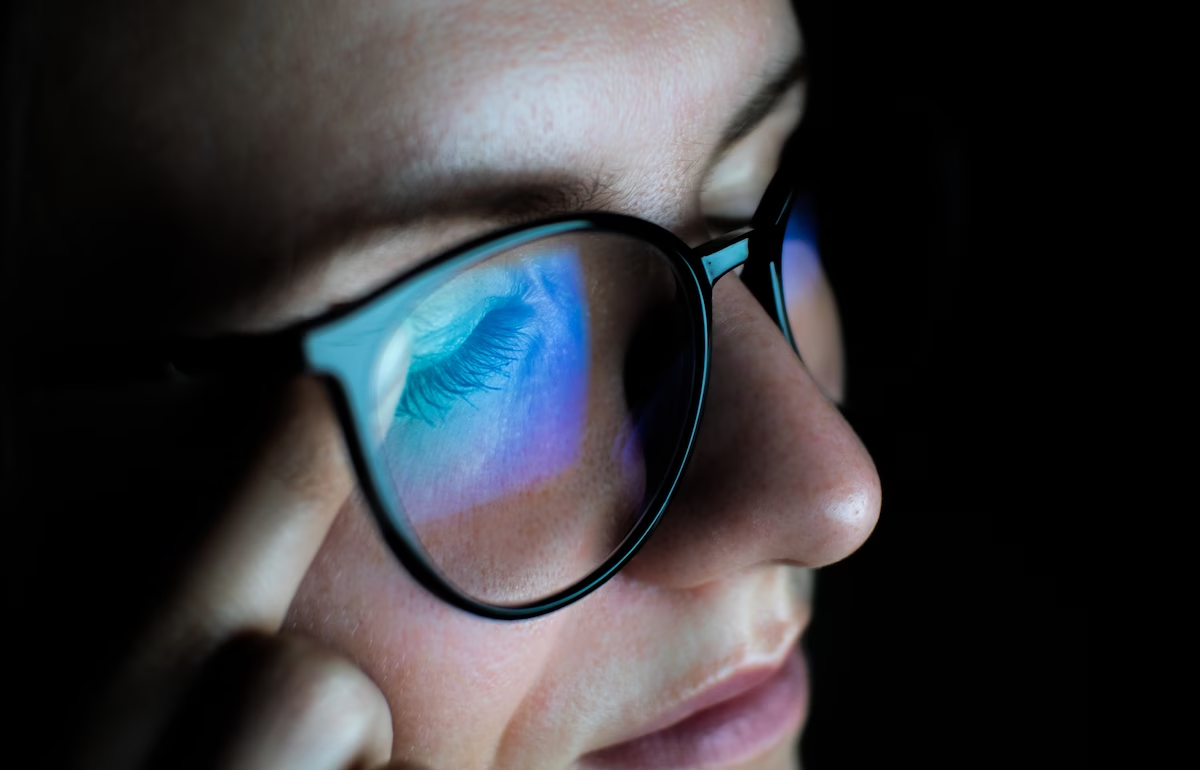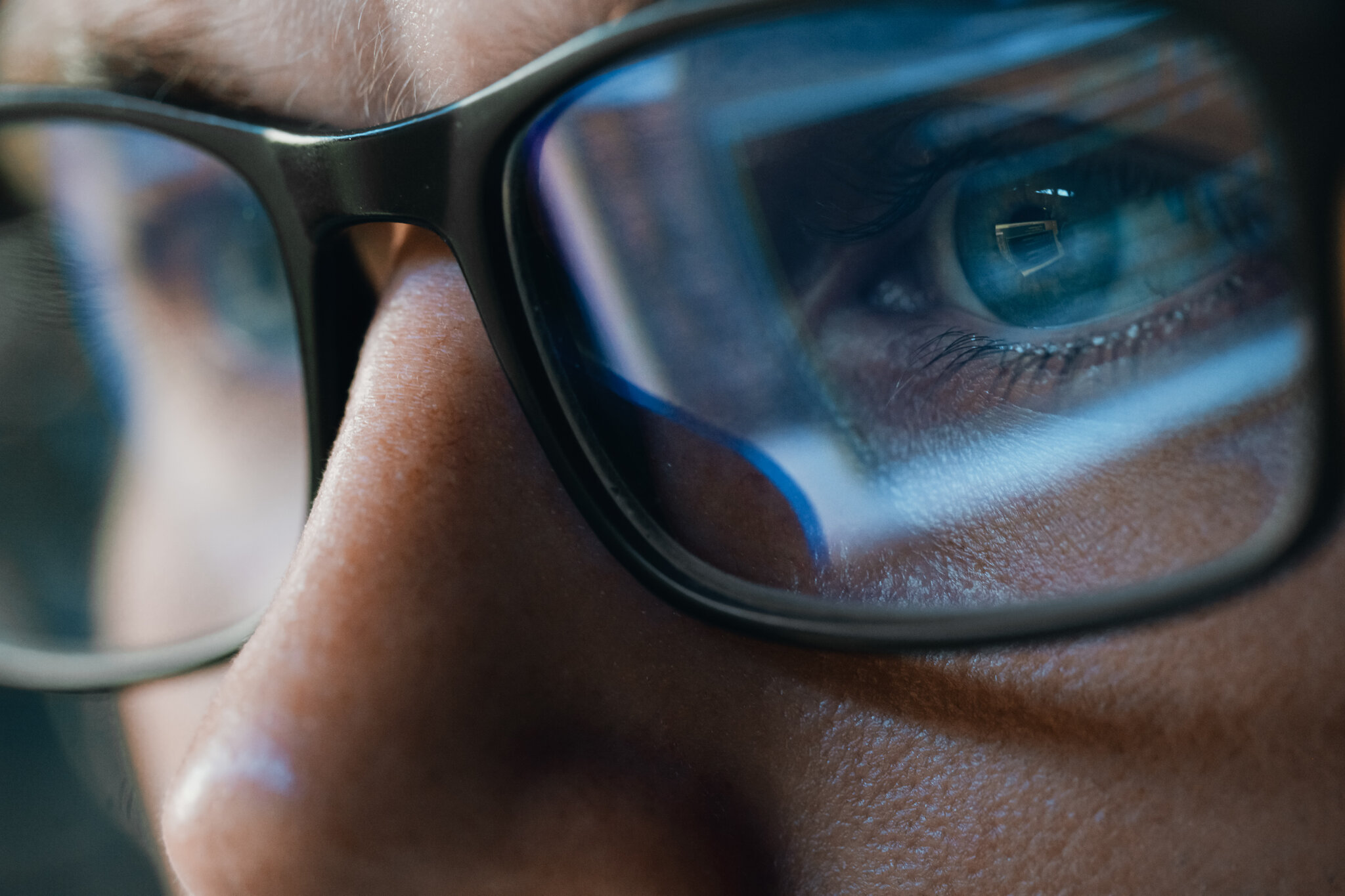A recent review of existing research suggests that adding a blue-light filter to eyeglasses may not alleviate eye strain from computer use, protect the retina, or improve sleep quality at night.
Senior author Laura Downie, an associate professor at the University of Melbourne’s Optometry and Vision Sciences department, noted, “We found there may be no short-term advantages with using blue-light filtering spectacle lenses to reduce visual fatigue associated with computer use.”
She emphasized that it remains unclear whether these lenses affect vision quality or sleep-related outcomes, or have any long-term impact on retinal health. Downie advised consumers to consider these findings before opting for such spectacles.
Dr. Craig See, a cornea specialist at the Cleveland Clinic’s Cole Eye Institute, explained that eye strain from prolonged computer use, known as computer vision syndrome, is more often due to extended screen time rather than blue-light emissions.
Symptoms include dry or watery eyes, blurry vision, light sensitivity, and difficulty concentrating.
Regarding the effectiveness of blue-light filters, See commented, “I don’t typically recommend blue-light filters to my patients.
There’s no reason to think that blue-light filtering is harmful, other than the cost associated with adding it to your glasses. The takeaway here is that it may not be doing as much as we were hoping.”
The findings were based on a comprehensive analysis of 17 randomized controlled trials from six countries, published in the Cochrane Database of Systematic Reviews.

These studies, spanning from a few days to several months, provided limited insight into longer-term effects due to their short durations, according to Downie.
Dr. Sumeer Singh, the study’s first author, highlighted that typical blue-light filtering lenses only block between 10% and 25% of blue light emitted by devices like computer screens, which is significantly less than natural daylight exposure.
Singh pointed out that increasing the filtration could distort color perception, potentially affecting visual comfort.
The review aimed to address ongoing debates about the benefits of blue-light filtering lenses in eye care. Downie stressed,
“Our findings do not support the prescription of blue-light filtering lenses to the general population,” urging stakeholders including eye care professionals and patients to consider these results.
For individuals seeking to reduce eye strain, Dr. See recommended regular eye check-ups, maintaining an appropriate distance from screens, and using larger external displays for laptops to enhance text size and reduce neck strain.
He advised adhering to the 20-20-20 rule—taking breaks every 20 minutes to look at something 20 feet away for 20 seconds—to maintain natural blinking patterns and reduce strain.
In addressing dry eye symptoms, Dr. See suggested using warm compresses and preservative-free artificial tears as needed, cautioning against excessive use of over-the-counter drops containing preservatives.
The study concluded with practical advice for managing computer-related eye strain, emphasizing personalized eye care solutions tailored to individual needs.
